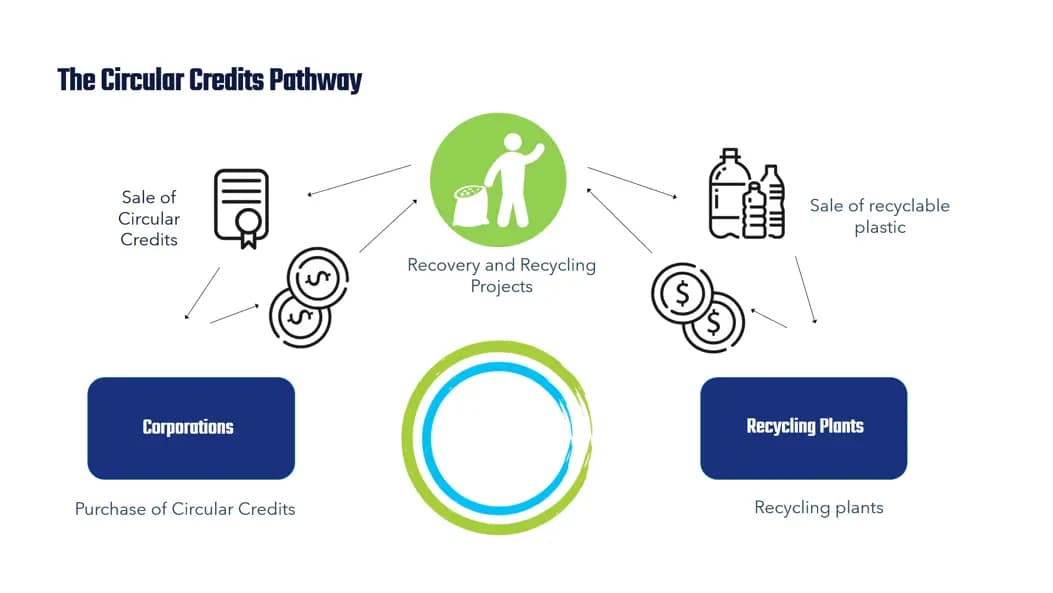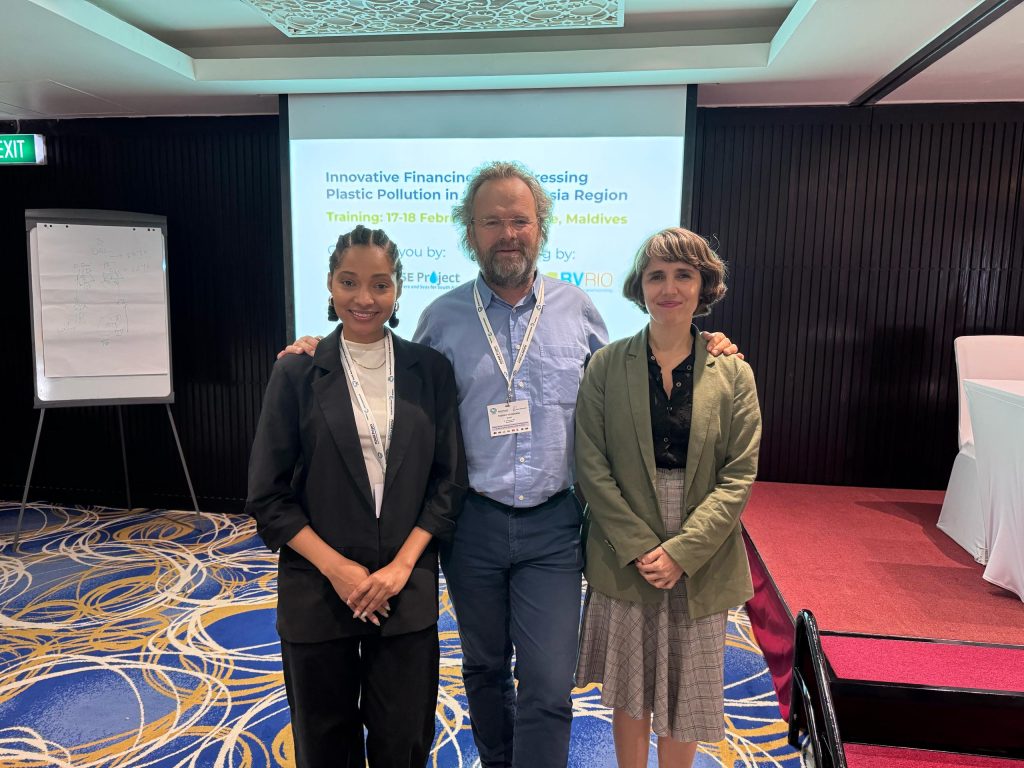OUR APPROACH: LEARNING BY DOING
The Circular Credits Mechanism (CCM) is guided by a set of Principles & Criteria to ensure the environmental and social integrity of the credits issued and the waste management systems of its users.
Underpinning our approach is the principle of ‘learning by doing’. And that is because we recognise that there is a vast range of different local conditions, technologies and approaches across the world. In such a diverse environment, a ‘one size fits all’ approach would never work. Instead, ‘learning-by-doing’ uses the experience gained from projects on the Circular Action Hub for continuous improvement.
The CCM’s Technical Advisory Committee and wider Advisory Group were created specifically to guide this learning process. Through a process of continuous discussion and consultation, the CCM will evolve to embrace the needs of all stakeholders, as well as guide a process of continuous improvement of market practices in the circular economy.
The first of the Principles and Criteria selected for discussion by the Technical Advisory Committee is “No Double Counting”. We include a summary in this article; you can access the full note here.
WHAT “NO DOUBLE-COUNTING” MEANS
No Double Counting states that the environmental impact related to the recovery and destination of post-consumer waste should not be attributed to more than one entity. In practice, this means that credits cannot be issued for activities where this service has already been contracted and paid for (e.g., municipal waste collection services). Similarly, the credits can only be used once, to compensate for the footprint of a certain entity.
The concept of ‘no double counting’ is critically important: it ensures that the environmental impact derived from a circularity activity (e.g., removal and appropriate destination of waste), is not claimed more than once, thereby safeguarding the environmental integrity of the system.
If the same amount of waste collected is claimed more than once, this would give the false impression that a larger amount of waste was recovered than what really happens (i.e., it would result in a claim that is not additional and additive to past trends). In other words, ‘no double counting’ ensures that the contributions to circularity embodied in Circular Credits are additional to existing claims.
In essence, a project cannot attribute the environmental services of recovery of the same amount of waste to more than one buyer1. For example, if a waste picker group collects 1 tonne of post-consumer PET waste, it cannot transfer the ‘credit’ derived from the collection of this material to more than one company. If a company acquires the credit related to the recovery of this 1 tonne, they can claim that it contributed to the reduction of its PET footprint by 1 tonne. Consequently, this environmental service, represented by the credit, can only be claimed once.
THE DIFFERENCE BETWEEN “PAYMENT FOR ENVIRONMENTAL SERVICES” AND “PURCHASE OF RECYCLABLE MATERIALS”
But, what happens when different actors make separate claims derived from the payment for the activity of waste recovery and from the purchase of the post-consumer recyclable material collected? For instance, Company A buys credits from waste pickers that collect and recover waste materials from the environment. This recyclable material is then sold to Company B as feedstock for further recycling.
Provided that the claims refer to different environmental impacts and purposes, i.e., the ‘purchase of recyclable material’ and the ‘payment for the activity of waste recovery’, the CCM believes that this does not constitute double counting.

Company A can claim to have contributed to the recovery of waste material from the environment, reducing pollution2. Company B can claim to have increased the recycled content of their products, but not to have reduced waste pollution2. Both companies are, in distinct ways, contributing to circularity, and can make different but complementary claims.
- In order to facilitate the control of double counting and prevent multiple sales of the same material, it is important that projects selling credits are listed in transparent and publicly available registries. The Circular Action Hub will act as a registry for all projects transacting credits through its marketplace.
- The Circular Credits Mechanism does not represent recycling activities, but waste collection, sorting and best appropriate destination.




